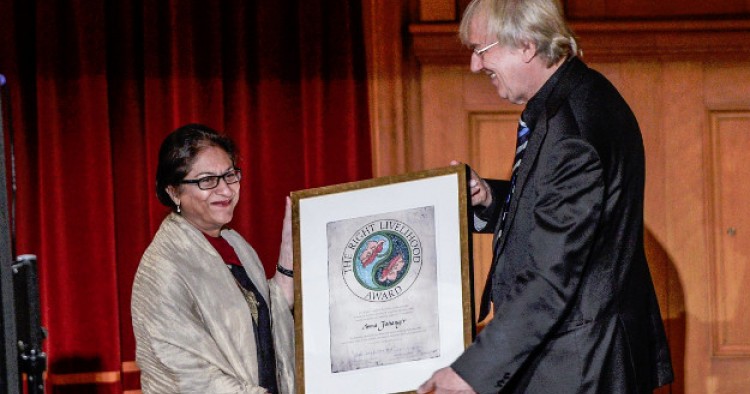Iran’s Foreign Ministry has denounced as “selective and spiteful” the U.N. Human Rights Council’s resolution to renew the mandate of a U.N. special rapporteur to investigate human rights situation in Iran, the Press TV reports. Bahram Ghassemi, the ministry’s spokesman, on Friday complained that such a "confrontational policy and destructive and failed approach" is pursued through the "exertion of pressure on other countries to support these selective and spiteful resolutions by taking advantage of various political and economic levers" and will undermine the international body’s credibility. He further argued that the U.N. investigator’s role is not justified and she will not be able to observe impartiality while carrying out her mission.
Comment: Ghassemi’s remarks came after the U.N. Human Rights Council announced earlier today that it had extended the mandate of the special rapporteur on the situation of human rights in Iran for another year. The resolution was adopted by a vote of 22 in favor, 12 against and 13 abstentions.
The Foreign Ministry’s angry reaction shows that it is not just Iran’s repressive judicial and intelligence authorities that oppose international oversight of the country’s human rights situation. Instead of condemning the U.N. body, it will be more appropriate for the Rouhani government to cooperate with the U.N. and other international human rights organizations to improve Iran’s dismal record. It is also hypocritical for Tehran to block the entry of rights investigators from the U.N. and other international organizations and at the same time accuse them of being unfair in their reporting.
In an exclusive interview with the BBC Persian on March 13, the new U.N. Iran investigator, Asma Jahangir, said President Hassan Rouhani had failed to fulfill his pledge to improve the country’s human rights situation and guarantee Iranians’ civil liberties. She added that although the Iranian president unveiled a comprehensive “Citizens’ Rights Charter” last December and assigned an official to monitor its implementation, none of the charter’s provisions have translated into action yet – citing a great number of journalists, bloggers, social activists, students and women’s rights activists being detained in the country. The U.N. investigator said the most shocking finding of her latest Iran report was arbitrary detentions by the country’s Judiciary.
The Middle East Institute (MEI) is an independent, non-partisan, non-for-profit, educational organization. It does not engage in advocacy and its scholars’ opinions are their own. MEI welcomes financial donations, but retains sole editorial control over its work and its publications reflect only the authors’ views. For a listing of MEI donors, please click here.













